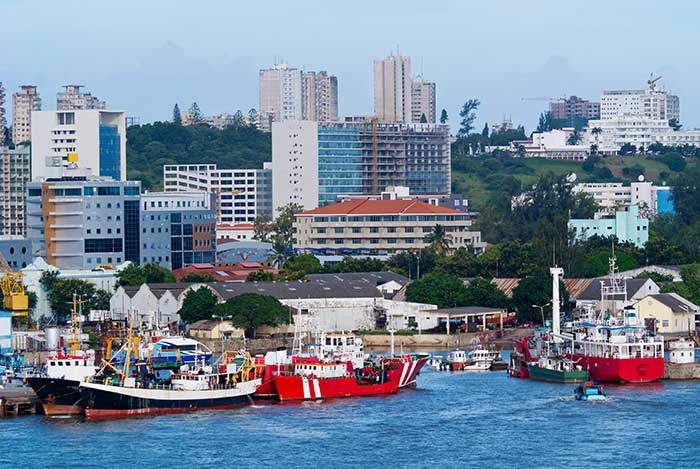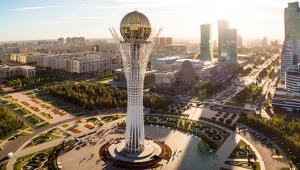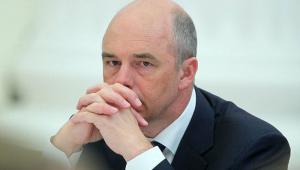web_maputo_shutterstock_135679997.jpg

A port in Maputo, the capital of Mozambique
The Washington-based lender and the UK suspended lending to Mozambique, which is largely dependent on international aid, after it was discovered that the southern African nation had concealed over $1bn worth of borrowing from its creditors.
The IMF has called for an independent audit of Mozambique’s debt before it will resume lending. But while the country’s parliament and attorney general have launched their own investigations into the scandal, the government has so far rejected the idea of opening up to external auditors.
Filipe Nyusi, Mozambique’s president, flew to Washington yesterday to meet with IMF managing director Christine Lagarde, World Bank president Jim Yong Kim, US secretary of state John Kerry and a representative from USAID.
Following the president’s meeting with Lagarde, the fund’s director of communications, Gerry Rice, said Nyusi had indicated he was ready to discuss an independent, international audit of Mozambique’s debt.
He said: “[Lagarde] stressed the need for further policy action aimed at stabilising the economy and for more decisive efforts to improve transparency, in particular an international and independent audit of the companies that were funded under the loans disclosed in April 2016.
In the meeting, Nyusi indicated “the government of Mozambique’s willingness to work with the IMF on the terms-of-reference for this process – to be initiated by the office of the Attorney General – and to implement it.” This development was welcomed by Lagarde, Rice said.
He added that a team of IMF staff will visit Maputo, the country’s capital, next week “to this end”.
The loans, which were discovered in April this year, were taken out by various state entities, equivalent to 10% of GDP and were not disclosed to the country’s parliament.
This comes on the heels of another scandal involving hundreds of millions of dollars in loans from international banks in 2013, which were supposed to be used to set up a tuna fishing company but were in fact used to buy naval and security equipment.
All of the loans were tied to improving security for big gas supplies discovered off the country’s coast.
The scandal and its fallout has pushed Mozambique’s economy, once on the rise thanks to its natural gas reserves, to the brink.
As infuriated donors – which supply as much as a quarter of the country’s budget – have cut their financial aid, growth has slowed to 4% and foreign debt has ballooned to 86% of GDP, after growing by 144% between 2010 and 2014.
The currency has lost nearly 40% of its value against the dollar and inflation has soared, pushing up prices and the cost of the debt burden in local terms. The risk of default looms, and the government was forced to revise its 2016 budget, which now shows a deficit of 11.3% of GDP.
Eric LeCompte, executive director of Jubilee USA Network, said his organisation is concerned about how the scandal will impact on those living in one of the world’s poorest countries.
“Audits are an important accountability tool for citizens,” he said. “We also need to see improved regulation in the global financial system that encourages budget transparency and promotes responsible lending and borrowing.”
The Jubilee USA Network is a coalition of NGOs and faith groups that advocate for a global economy that works for the world’s most vulnerable people.













